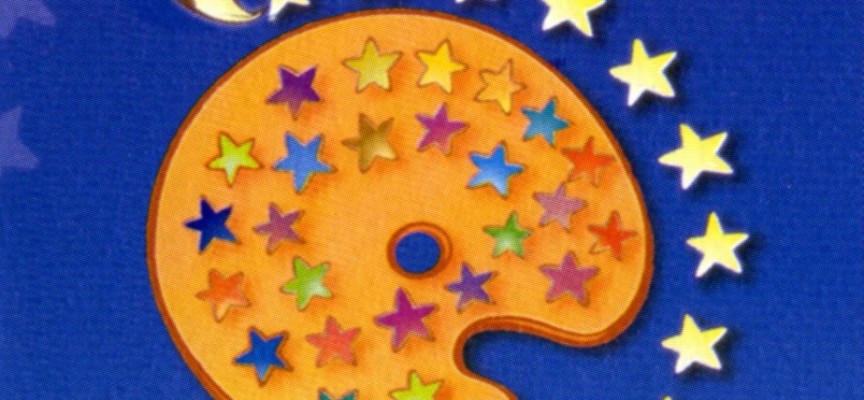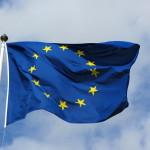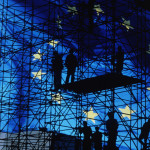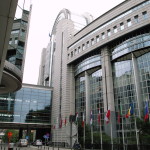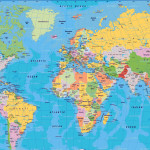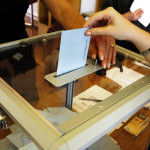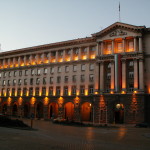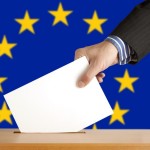On the same wavelength is the letter of the bishops from Latvia, who ask the politicians to “set aside the personal interests and seek the common good, in accordance with the law, the Ten Commandments and the principles of natural law”. The citizens are asked to choose “candidates who are willing to care for the common good of society, to protect the identity of Latvia and to support the natural family”. The bishops are concerned about the “crisis of identity” of the EU, and the lack of “consensus on priorities” that makes it the grip of interest groups manipulating the concepts of freedom, democracy and tolerance. The reference is to homosexual marriage and euthanasia, but also to nationalism “that recognizes only what is good for one’s own people and does not take into account the rights of others, threatening the future of a united Europe”.
On the web site of the French bishops’ conference (cef.fr) there is an entire section devoted to the European elections and opened by Cardinal Carlo Maria Martini’s prayer for Europe (http://www.eurcom.org/prayer-for-europe/). “Why Europe is a dream in Kiev and not in Paris? How does Europe change my daily life? What are the values on which the EU is founded? Europe’s crisis: a crisis of growth? “: these are some of the issues raised in the section “12 questions about Europe”, with links to the explanations about EU institutions an history. The president of the French bishops, the archbishop of Marseille Georges Pontier had interesting words about Europe in his closing the plenary assembly last November: “Some people believe that the difficulties of the moment, related to the global economic crisis, have their origin or are amplified by the European institutions. Making Europe the scapegoat of the current crisis would be seriously irresponsible”. Nevertheless “Europe’s progresses are battles which need to be fought again and again, before thinking about the benefits one can receive”. And he affirmed the need to “find appropriate ways for Europe to share with the world its concern for the poor, for human dignity and peace”.
Sulla stessa lunghezza d’onda è la lettera dei vescovi della Lettonia, che ai politici chiedono di “mettere da parte gli interessi particolari e cercare il bene comune, nel rispetto della legislazione, del Decalogo e dei principi del diritto naturale”, mentre ai cittadini si chiede di andare a votare scegliendo “candidati che sono disposti a prendersi cura del bene comune della società, proteggere l’identità lettone e sostenere la famiglia naturale”. I presuli lettoni sono preoccupati per la “grave crisi d’identità” dell’Ue e la mancanza di “consenso sulle priorità” che la rende preda dei gruppi d’interesse che manipolano i concetti di libertà, democrazia e tolleranza. Il riferimento è a matrimoni omosessuali ed eutanasia, ma anche al nazionalismo “che riconosce solo ciò che è bene per il proprio popolo e non tiene conto dei diritti altrui, minacciando il futuro di un’Europa unita”.
I vescovi francesi hanno invece predisposto sul sito della conferenza episcopale un’intera sezione che si apre con la preghiera per l’Europa del card. Carlo Maria Martini (http://www.eurcom.org/prayer-for-europe/). “Perché l’Europa fa sognare Kiev e non Parigi? Come l’Europa cambia la mia quotidianità? Quali sono i valori su cui si fonda l’Ue? La crisi dell’Europa: una crisi di crescita?”: sono alcune questioni sollevate dalle “12 domande sull’Europa”, con rimandi a spiegazioni sul funzionamento e la storia dell’Ue. Acute erano state le parole del presidente dei vescovi francesi, l’arcivescovo di Marsiglia Georges Pontier, nel discorso di chiusura dell’assemblea plenaria dello scorso novembre: “Alcuni credono che le difficoltà del momento, legate alla crisi economica globale, abbiano la loro origine o siano amplificate dalle istituzioni europee. Fare dell’Europa il capro espiatorio della crisi attuale sarebbe seriamente irresponsabile”, benché “i progressi dell’Europa siano una battaglia da combattere ancora, prima di pensare ai benefici che se ne possono ricevere”. E sosteneva la necessità di “trovare modi adeguati con cui l’Europa condivida con il mondo la sua preoccupazione per i più poveri, per la dignità umana e per la pace”.
Sarah Numico
Latest posts by Sarah Numico (see all)
- Neither lecturers nor teachers, but witnesses - 25 aprile 2015
- Holy Week with the persecuted - 30 marzo 2015
- They choose “to be in it” - 23 marzo 2015

